10 Sustainable Materials Revolutionizing Ethical Garment Manufacturing Practices

In recent years, the fashion industry has witnessed a shift towards more sustainable and ethical practices, with a focus on eco-friendly materials. From organic cotton to recycled polyester, innovative materials are revolutionizing garment manufacturing, promoting sustainability and ethicality.
With The Vendoors ,we’ll explore 10 sustainable materials that are transforming ethical and sustainable garment manufacturing practices. By embracing these materials, fashion brands can reduce their environmental footprint, support ethical sourcing, and contribute to a more sustainable future for the industry.
1. Organic Cotton

Organic cotton is one of the most widely used sustainable materials in ethical garment manufacturing. Grown without synthetic pesticides or fertilizers, organic cotton reduces environmental impact and promotes soil health. Its production also conserves water and reduces greenhouse gas emissions compared to conventional cotton farming.
2. Recycled Polyester
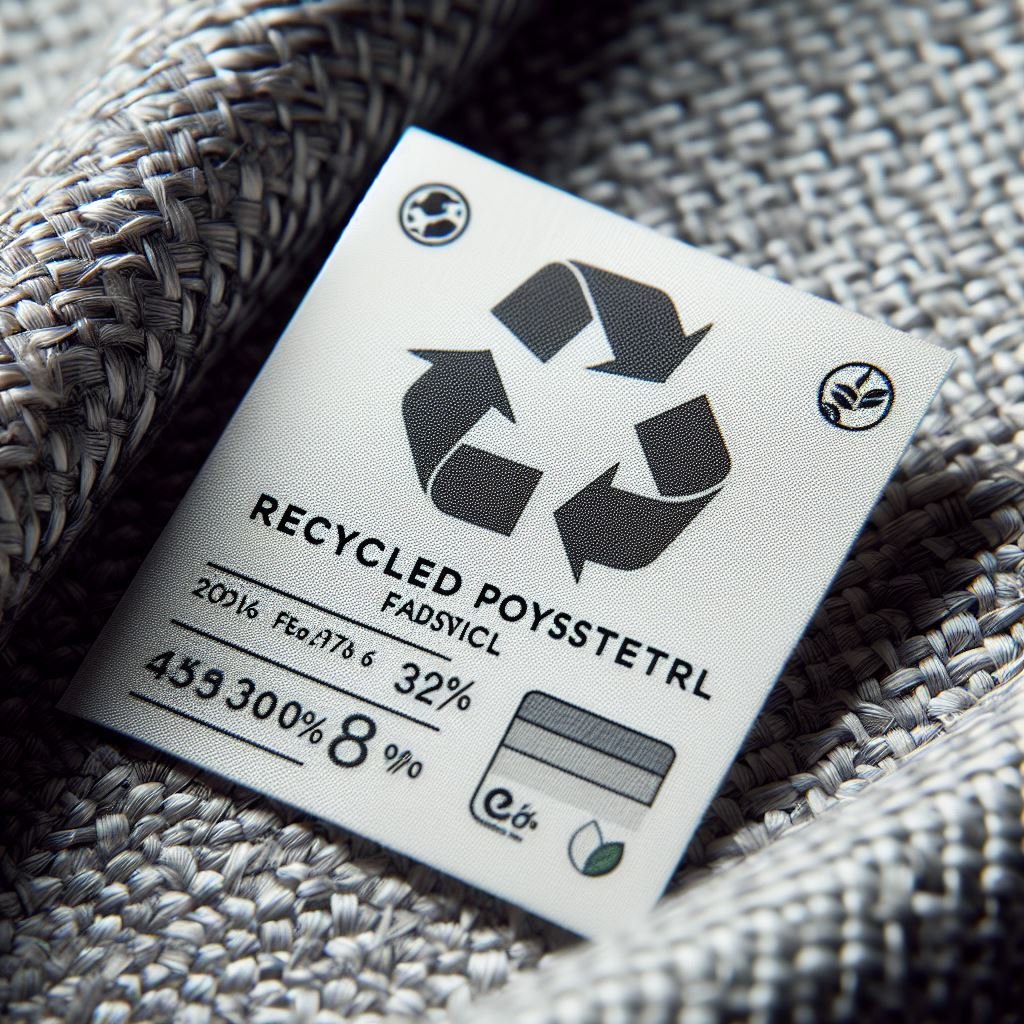
Recycled polyester, made from post-consumer plastic bottles or other recycled materials, is gaining popularity in ethical garment manufacturing. By diverting waste from landfills and reducing the need for virgin polyester production, recycled polyester helps conserve resources and reduce energy consumption. Additionally, it offers the same performance and durability as conventional polyester, making it a sustainable alternative for various garment applications.
3. Tencel®
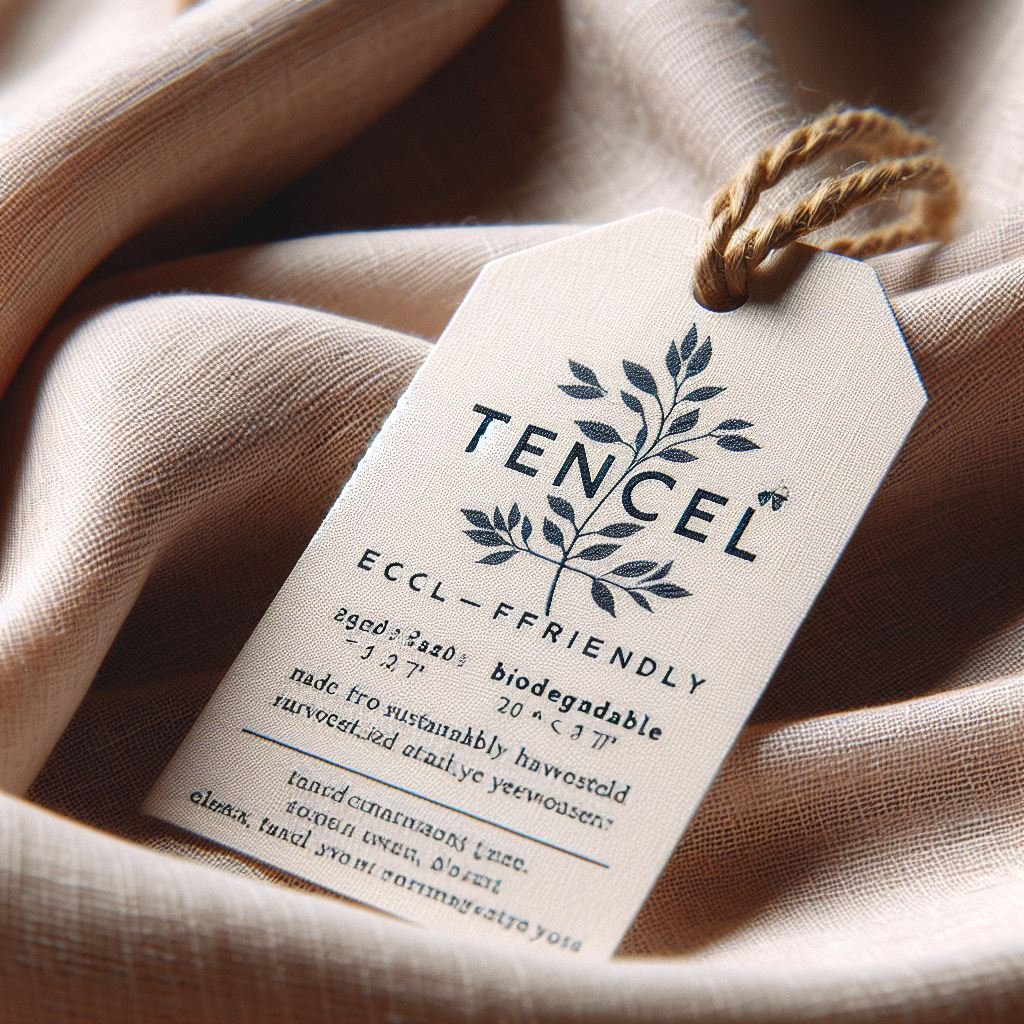
Tencel®, also known as lyocell, is a sustainable fiber made from wood pulp sourced from responsibly managed forests. Produced using a closed-loop process that minimizes waste and water usage, Tencel® is biodegradable and eco-friendly. It offers exceptional softness, breathability, and moisture-wicking properties, making it suitable for a wide range of clothing applications, from shirts and dresses to activewear and denim.
4. Hemp
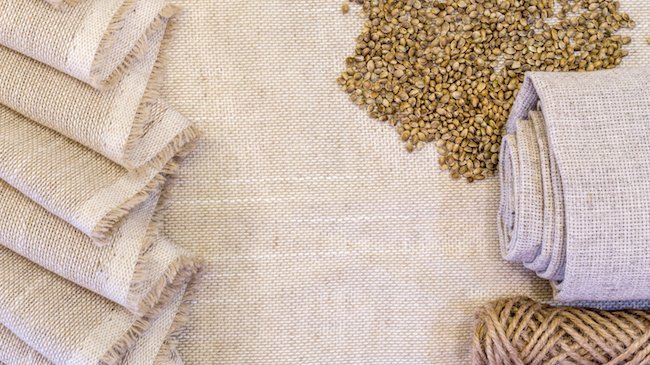
Hemp is a versatile and sustainable fiber derived from the cannabis plant. Known for its strength, durability, and breathability, hemp requires minimal water, pesticides, and fertilizers to grow, making it environmentally friendly. Hemp fibers can be used to produce a variety of garments, including shirts, pants, and outerwear, offering natural antibacterial properties and UV protection.
5. Bamboo
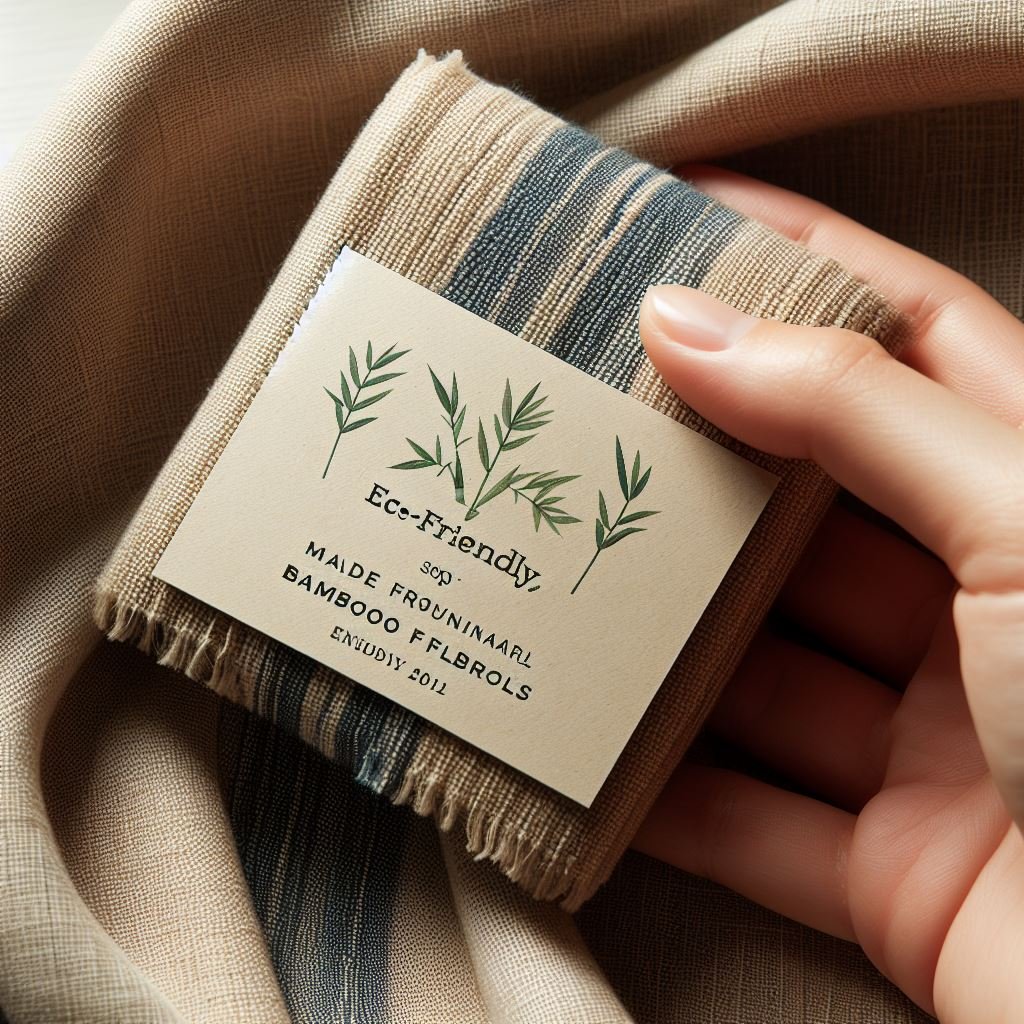
Bamboo fabric, derived from bamboo grass, is a sustainable alternative in ethical garment manufacturing. Bamboo grows rapidly and requires minimal water, pesticides, and fertilizers, making it highly renewable and eco-friendly. Bamboo fabric is soft, breathable, and hypoallergenic, making it ideal for sensitive skin. Additionally, bamboo has natural antimicrobial properties, reducing the need for chemical treatments in garment production.
6. Recycled Nylon

Recycled nylon, made from post-industrial waste or discarded nylon products, is a sustainable material revolutionizing ethical garment manufacturing. By recycling nylon waste, such as fishing nets and industrial scraps, recycled nylon reduces plastic pollution and conserves resources. It offers durability, elasticity, and moisture-wicking properties, making it suitable for sportswear, swimwear, and outerwear applications.
7. Econyl®

Econyl® is a regenerated nylon fiber made from recycled materials such as fishing nets, fabric scraps, and industrial waste. Produced through a closed-loop recycling process, Econyl® diverts waste from landfills and oceans, reducing environmental pollution. It offers the same quality and performance as virgin nylon, making it an eco-friendly alternative for various garment applications, including swimwear, activewear, and accessories.
8. Piñatex®
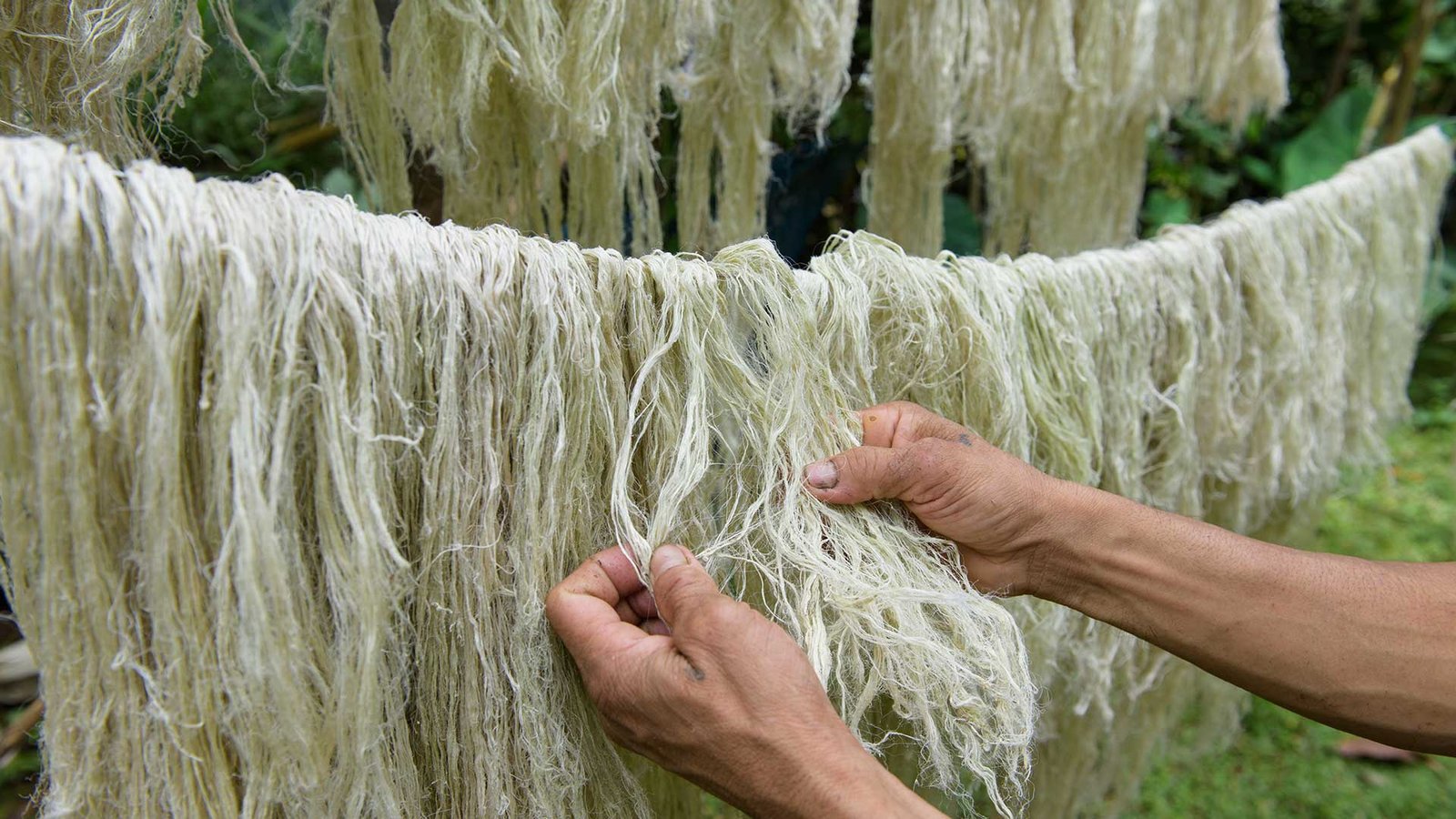
Piñatex® is a sustainable and cruelty-free alternative to leather, made from pineapple leaf fibers. Developed as a byproduct of the pineapple industry, Piñatex® utilizes waste materials and provides additional income for farmers. It offers a durable, biodegradable, and versatile material suitable for shoes, bags, and accessories. Piñatex® promotes ethical sourcing and supports sustainable agricultural practices, contributing to a circular economy.
9. Cork Fabric

Cork fabric, derived from the bark of cork oak trees, is a renewable and eco-friendly material used in ethical garment manufacturing. Harvested without harming the trees, cork fabric is lightweight, durable, and water-resistant. It offers a unique texture and aesthetic, making it suitable for various clothing and accessory applications, including jackets, bags, and footwear. Cork fabric promotes sustainable forestry practices and biodiversity conservation.
10. Organic Linen

Organic linen is a natural and sustainable fiber made from the flax plant. Grown without synthetic pesticides or fertilizers, organic linen reduces environmental impact and promotes soil health. It requires less water and energy to produce compared to conventional linen, making it an eco-friendly choice for ethical garment manufacturing. Organic linen offers breathability, moisture-wicking properties, and a timeless aesthetic, making it ideal for shirts, dresses, and home textiles.
After we breakdown 10 sustainable materials we know that sustainable & eco friendly materials are matters to support ethical and sustainable garment manufacturing practices, The Vendoors as the garment manufacturing really aware & concern about this sustainability for every stakeholder & clients.
The Vendoors also promote sustainability materials, ethical sourcing, and environmental responsibility in the fashion industry. By embracing sustainable materials, fashion brands can reduce their ecological footprint, support ethical production practices, and contribute to a more sustainable and equitable future for the garment manufacturing industry. So together we can change the fashion industry to be better and sustainability.
For more further inquiries & information contact us on :
Mail : info@thevendoors.com
Phone / WhatsApp : +62 821 2466 0094



